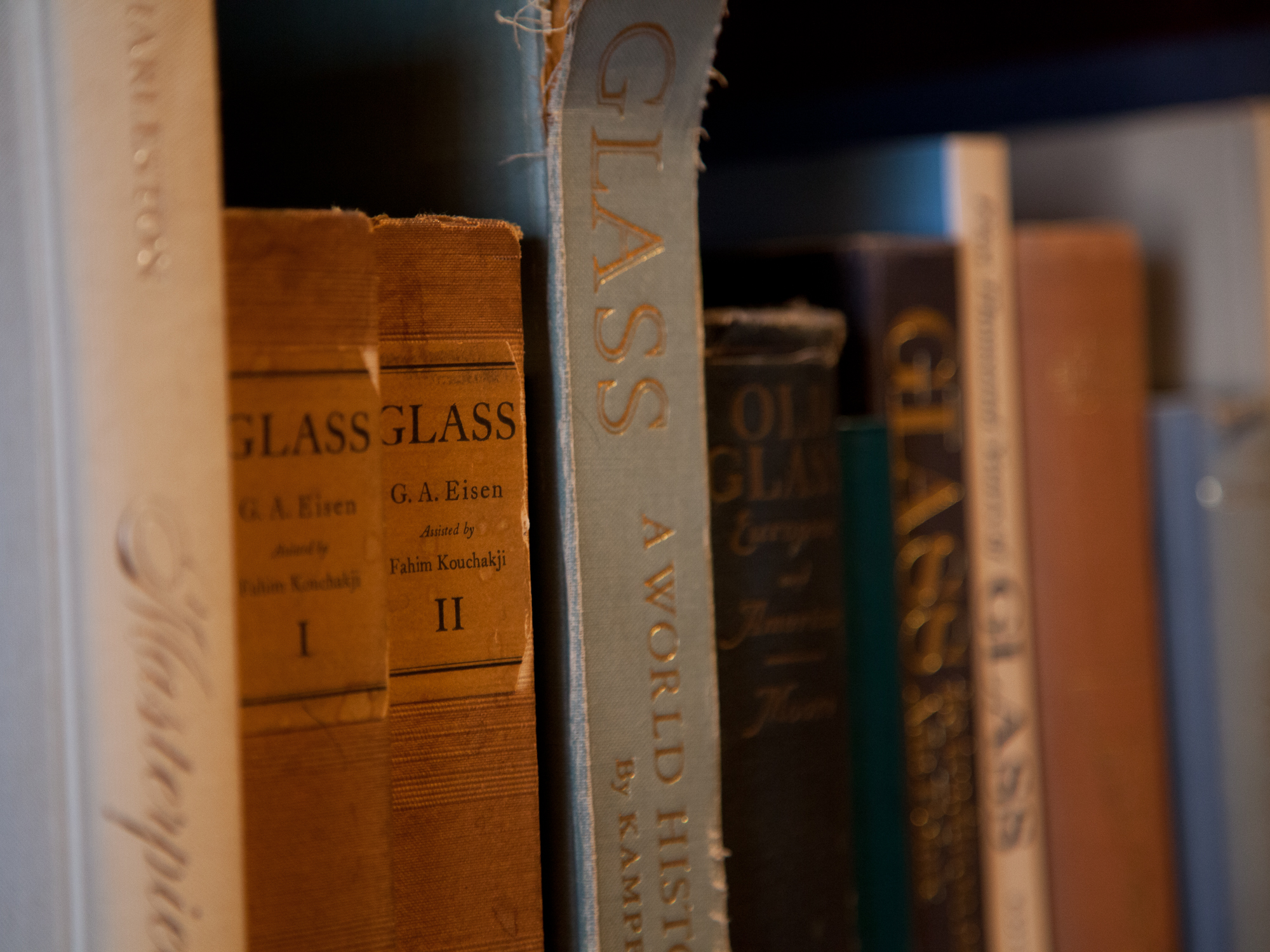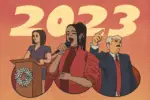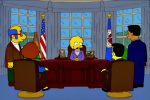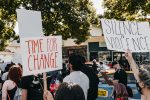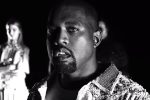Dystopia or Reality?
The dystopian novels of yesterday are the political blueprints of today.
By Kristian Porter, Northern Kentucky University
In January, Amazon received such an influx of sales for George Orwell’s classic dystopian novel “1984” that the online marketplace could not keep up with demand.
The timeless staple of high-school English classes rose to the number one spot on Amazon’s bestseller list, just after Kellyanne Conway made her now infamous remarks on the Trump administration’s use of “alternative facts.” The last time the novel saw such a spike in sales was in 2013, just after Edward Snowden’s leak of classified NSA documents.
If you’re unfamiliar, “1984” is set in a totalitarian regime in which history is rewritten, free speech is forbidden and Big Brother is always watching. Many have drawn parallels between the “Ignorance is Strength” propaganda of the novel and the current accusations of fake news by President Trump in his apparent war on mainstream media.
Though I wouldn’t say Americans are living in an Orwellian future, I do think classic literature has a relevant place in today’s political climate. If you’re in the mood for a new, or old, read, or just itching for more political commentary, these five novels are a great place to start.
1. “Brave New World” by Aldous Huxley
Similar to Orwell’s “1984,” this novel focuses on a dystopian society living under an authoritarian government.
Written in 1931, Huxley’s version of the future is ruled not by fear, but by passive acceptance. The government uses hypnosis to pacify citizens and provides them with antidepressant pills to ensure they remain happy. The future is characterized by a dependence on technology, as even humans are genetically modified in test tubes.
Though not to such an extreme, American society echoes the entertainment-obsessed culture of “Brave New World,” its reliance on drugs and pharmaceuticals and, again, the suppression of the media in favor of only those voices lifting up the authoritarian leader.
2. “Invisible Man” by Ralph Ellison
This classic novel is one of the most important works written as a commentary on racism. After publishing it in 1952, Ellison received the National Book Award, making him the first black author to ever do so.
The incredible novel follows an unnamed black narrator from the Deep South to New York, meeting several people along the way, including a priest and a teacher. Partly a coming-of-age novel, readers watch as the narrator tries desperately to become “visible,” but his race constantly impedes that.

To the narrator, being “invisible” corresponds to being stereotyped by skin color and seen only as a caricature of your race. It’s not only the story of a young man’s search for his identity, but also a young black man trying to find his place in a racist American society. “Invisible Man” was the inspiration behind former President Barack Obama’s memoir, and it certainly has a place among today’s divisive racial conversations.
3. “The Jungle” by Upton Sinclair
Many associate this classic book with what it reveals about the meatpacking industry, but beyond those criticisms, “The Jungle” sheds a light on working and living conditions of immigrants at the turn of the century.
Upton Sinclair details the ways in which businesses were exploiting European immigrant workers with little-to-no pay, overcrowded living conditions and no access to clean water. A self-proclaimed socialist, Sinclair wanted to raise awareness of the plight of immigration.
Unfortunately, no one read the book to empathize with immigrant conditions. The entire focus was put on the food industry, which, granted, did lead to positive changes by Roosevelt, but it left immigrants demoralized.
Though the struggle of immigrants today isn’t necessarily equivalent, “The Jungle” still serves as an illustration of the exploitation of immigrants who, today, are still met with little pay, long hours and a lack of empathy.
4. “Fahrenheit 451” by Ray Bradbury
You’ll notice this article develops a theme of dystopian novels, but there’s a reason. Dystopian tales explore alternate realities, post-apocalyptic futures and oppressive governments. They serve to show the worst outcome, a warning for the human race to pay attention.
“Fahrenheit 451” is set in a society where information is outlawed. Firemen are tasked not with putting fires out, but with setting fire to sources of information, including books.

Bradbury’s famous novel is a commentary on censorship, but also on the dangers of technology. The citizens are obsessed with consuming entertainment. One of the character’s wives has three TVs set up and falls asleep listening to the radio. Guy Montag, the husband, famously says, “Nobody listens anymore.”
We live in a technology-driven world. While I mostly argue that this has been great for the advancement of society, the shift to modernization has not come without flaws. No one, unfortunately, listens anymore. With the declaration of “fake news” being bellowed left and right, the fear that America is heading toward censorship is not unwarranted.
5. “It Can’t Happen Here” by Sinclair Lewis
In recent months, you have probably heard the title of this novel thrown around in conversation, the reason I had to include it in this list. In light of a war-torn world plagued with the Great Depression and Fascist leaders, Lewis writes an alternate reality in which, instead of Roosevelt, the 1936 election was won by the demagogue Buzz Windrip.
Windrip’s propaganda is full of empty promises that he knows the American people want to hear, similar to any totalitarian leader. His rallies, as observed by Doremus Jessup, a journalist and the protagonist of the story, are populated with hate-filled rhetoric, including a plan to “deal with” Mexico.
Critics of Trump have looked to Sinclair Lewis’ classic novel as a prediction of his rise to the presidency. Whether you agree with the assertions of Trump as a totalitarian leader or not, “It Can’t Happen Here” also serves as an argument for the need of journalists and freedom of the press, something that has come under fire recently.


